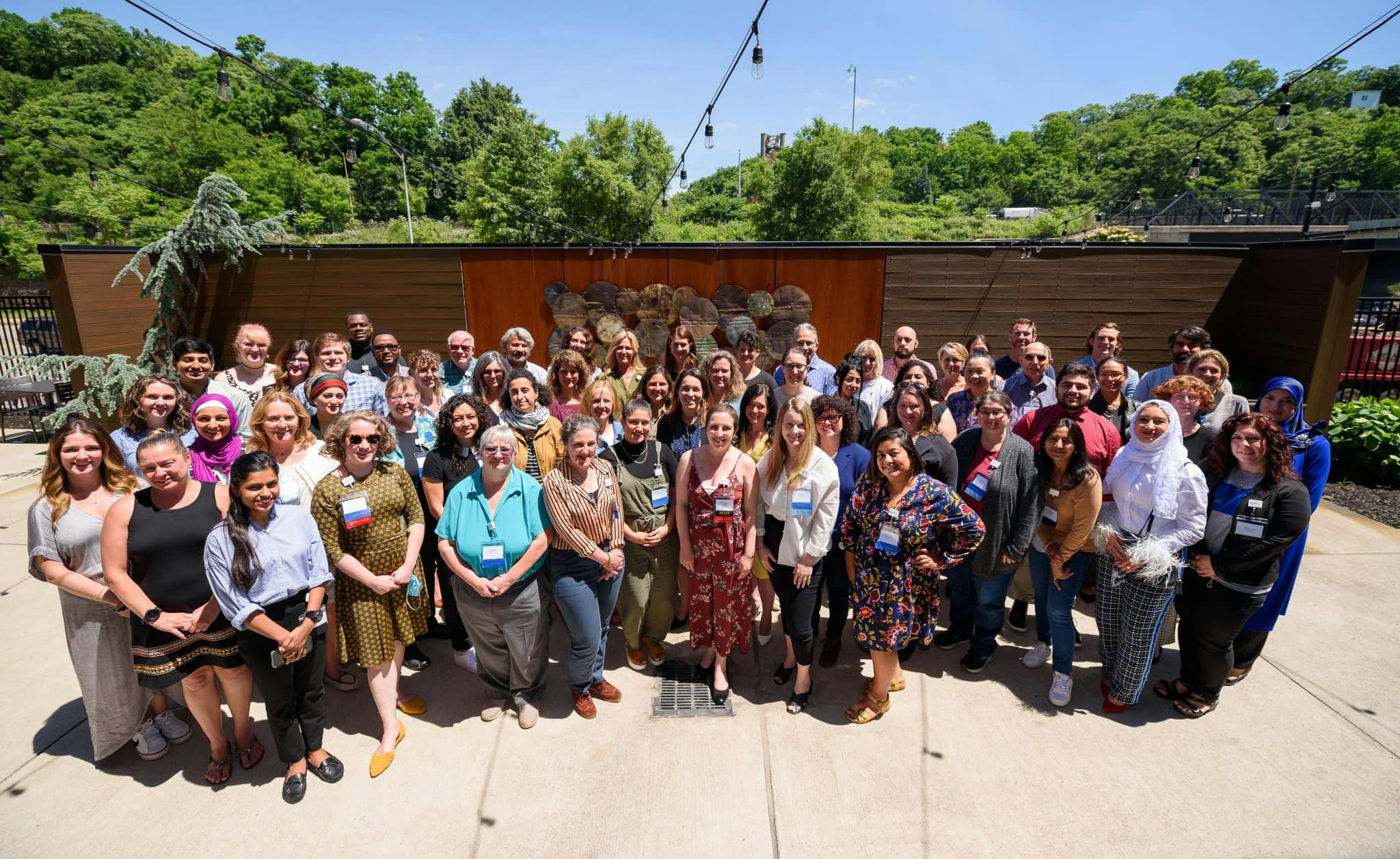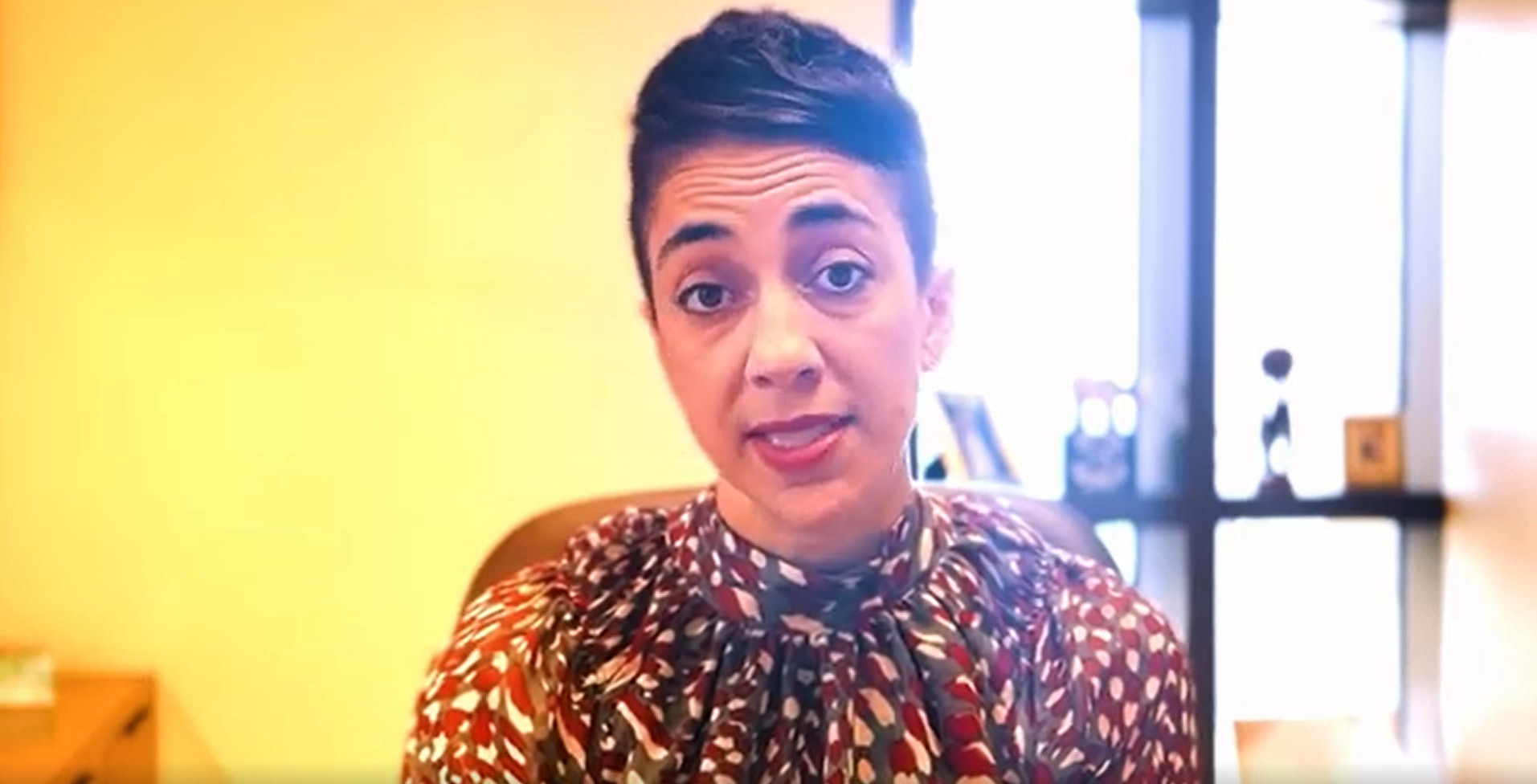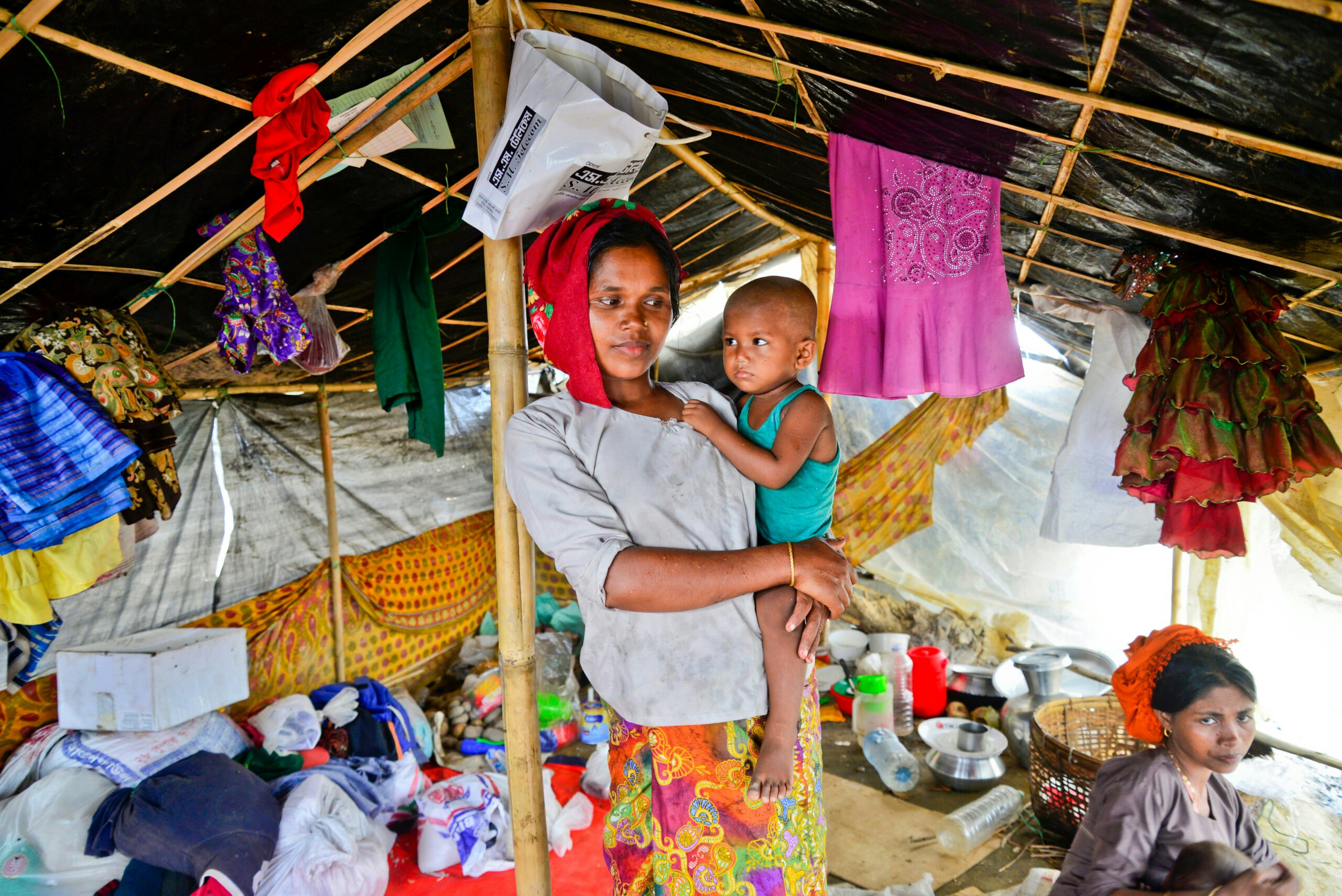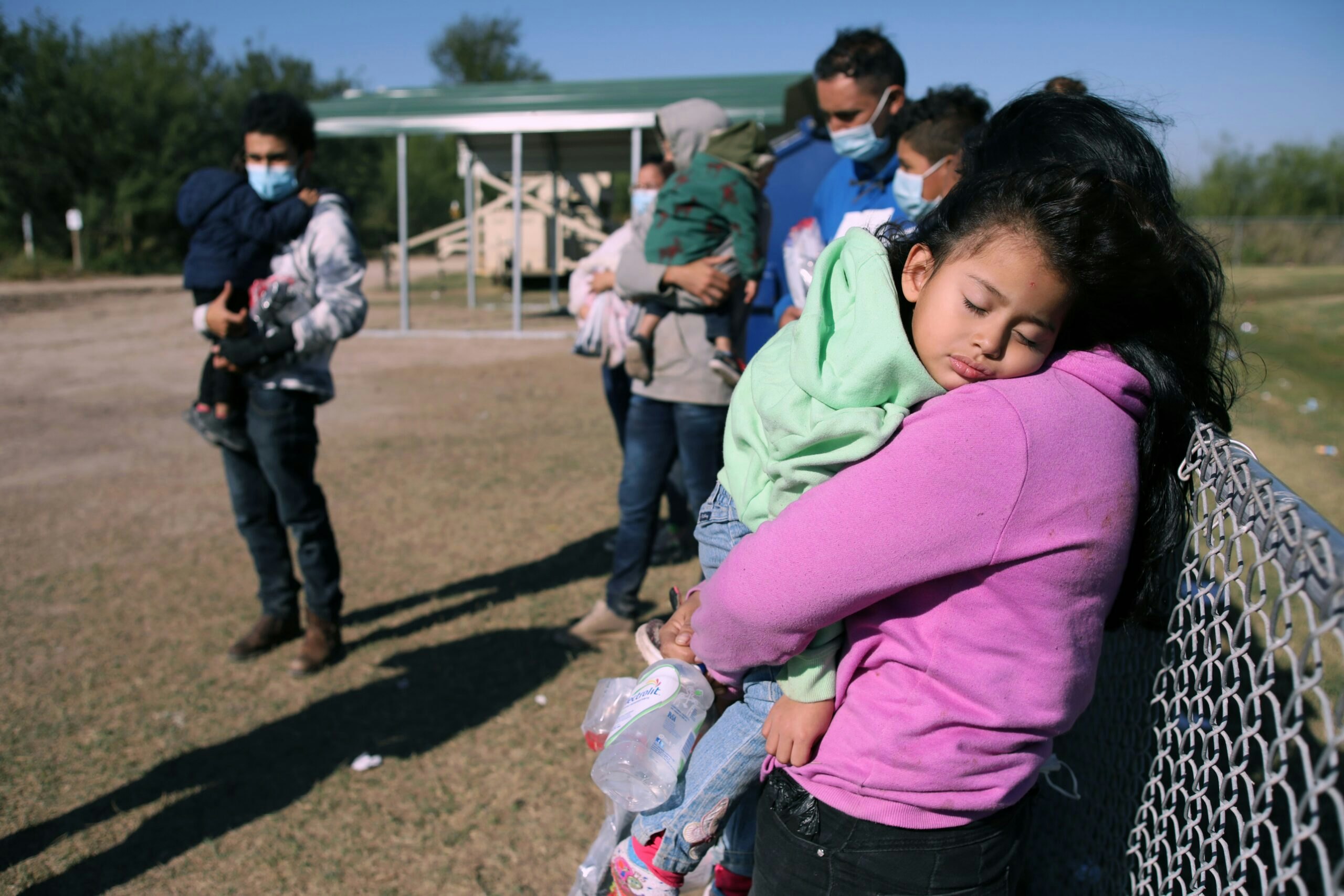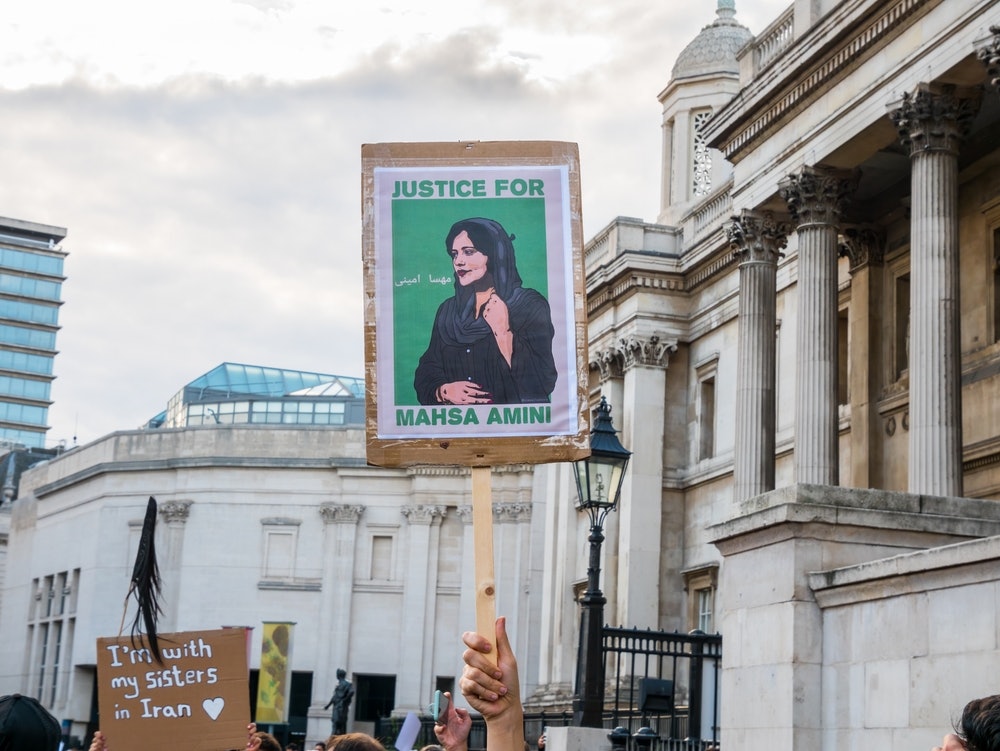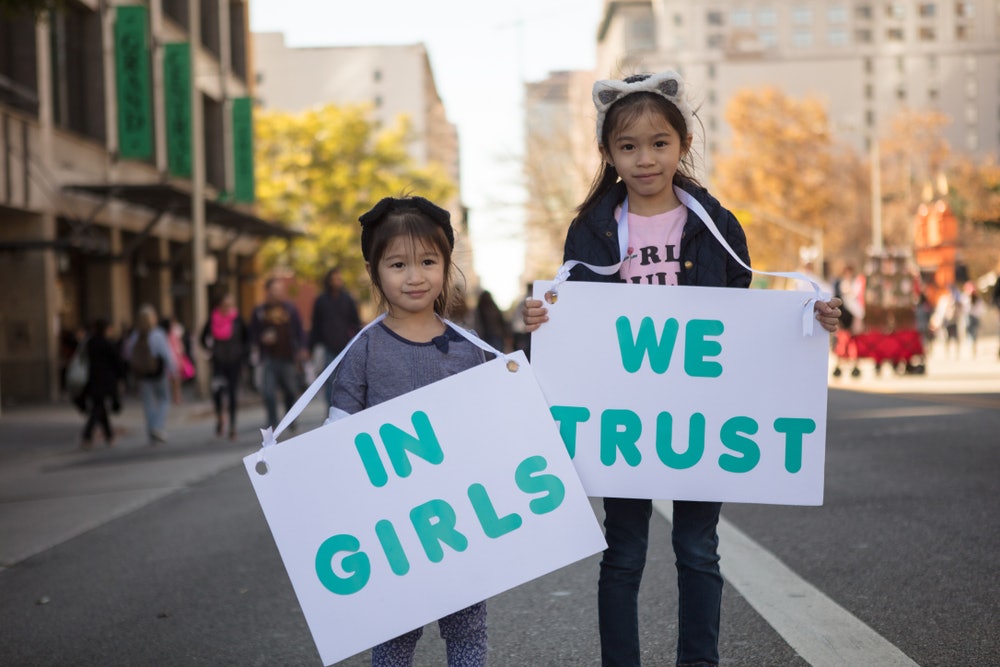On May 19, the Henry Jackson Society in London together with the MP Nus Ghani hosted an event with the Bush Institute's Women's Initiative team dedicated to the empowerment and support of Afghan women.
Editor’s Note: This article originally appeared on the Henry Jackson Society website. The event supported the stories told in the Bush Institute’s book, “We Are Afghan Women: Voices of Hope.”
On May 19, the Henry Jackson Society together with the MP Nus Ghani had the honor to host an event dedicated to empowerment and support of Afghan women.
The event gathered an impressive panel of speakers, all of whom had hands on experience dealing with support to Afghan women either on the ground or on the policy-making level. The host MP Nus Ghani, herself a Muslim and a descendant from immigrants from Pakistani Kashmir, shared a personal interest in women’s education in such deprived and conservative areas of the world.
Post-Taliban Afghanistan presents a particular obstacle in developing women’s education and strengthening their position in society. Razia Jan, an Afghani woman herself and the founder of Razia’s Ray of Hope Foundation, shared her stories about the obstacles that she encountered while establishing and running a girls’ school in rural Afghanistan. Men’s reluctance to educate girls are one of the key challenges for Razia. Societal values that prioritize men to women lead to child marriages putting massive physical and psychological pressure on a teenager, suddenly forced to become a woman. Of course, daily life is marked by sharp poverty, constant danger and fear of being assaulted by the members of Taliban.
Shoshana Stewart, the CEO of Turquoise Mountain Foundation, explained how the international donors could make their financial support more efficient. The Turquoise Mountain Foundation is an organization focusing on restoring the cultural heritage of Afghanistan and promotion of local communities through craft production. Ms Stewart drew the attention to the fact that international donors are often wary of donating small sums of money to small organisations. Large donations issued through state institutions often due to the level of corruption in the country end do not reaching the intended recipient.
To continue the good work done in the field it is crucial to mobilize international support. Here such organizations as the Women’s Initiative or the First Ladies Initiative at the George W. Bush Institute, represented by Betsy Martin and Natalie Gonnella-Platts, has made and continues to make a contribution. Ms Gonnella-Platts drew attention to how the First Ladies have made significant impact on mobilizing international support for Afghanistan independently of their husband’s policies.
An engaging discussion continued after opening the floor to questions from the audience. While it was agreed that Islam is a local and deeply entrenched cultural element, which can be used to challenge extremism if taught in its non-radical forms, corruption, on the other hand, poses a much more serious obstacle. Nevertheless, the slow societal transformation and change of attitudes experienced by both Razia Jan and Shoshana Stewart gives hope that changes are being made for the better.






